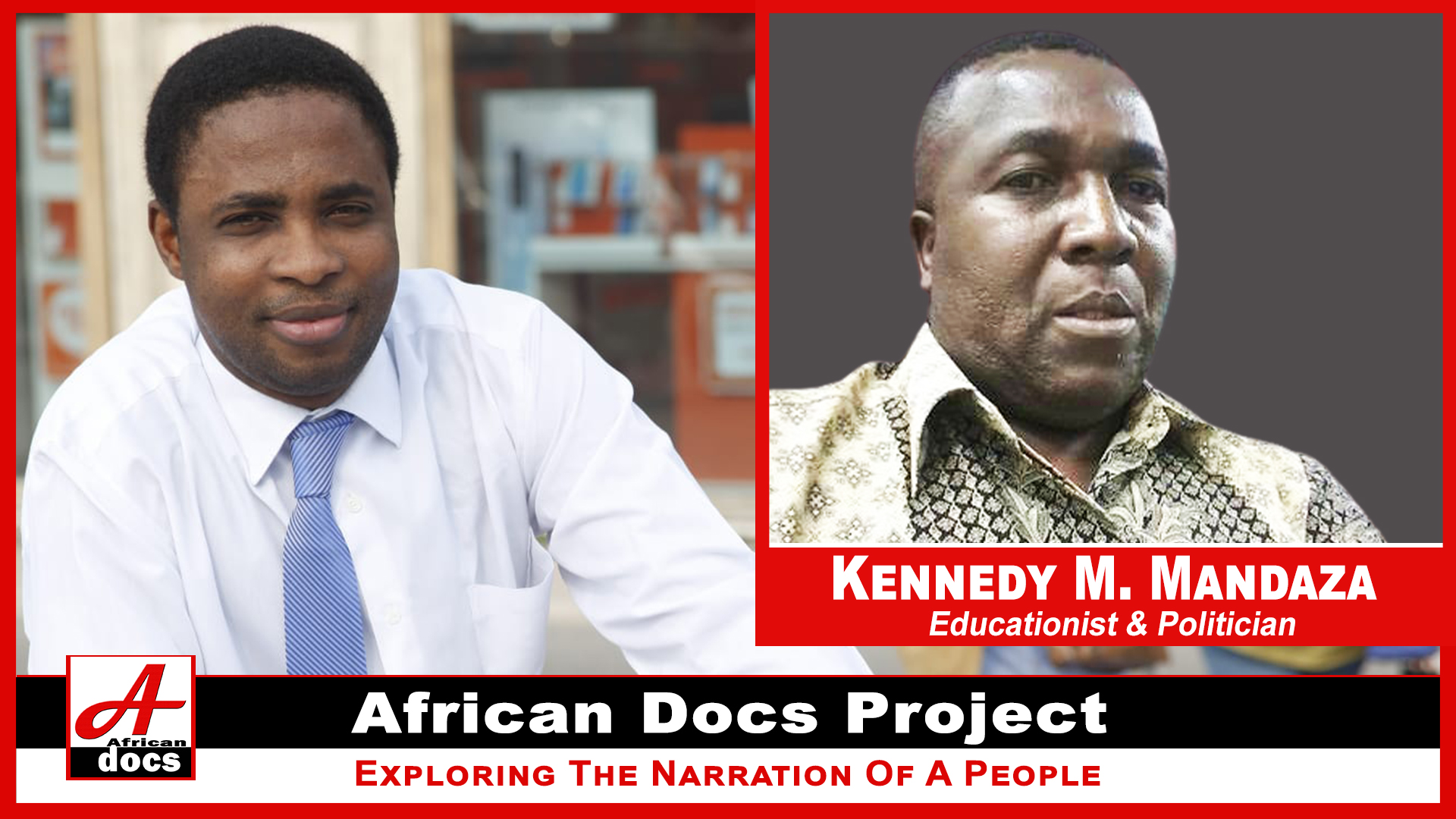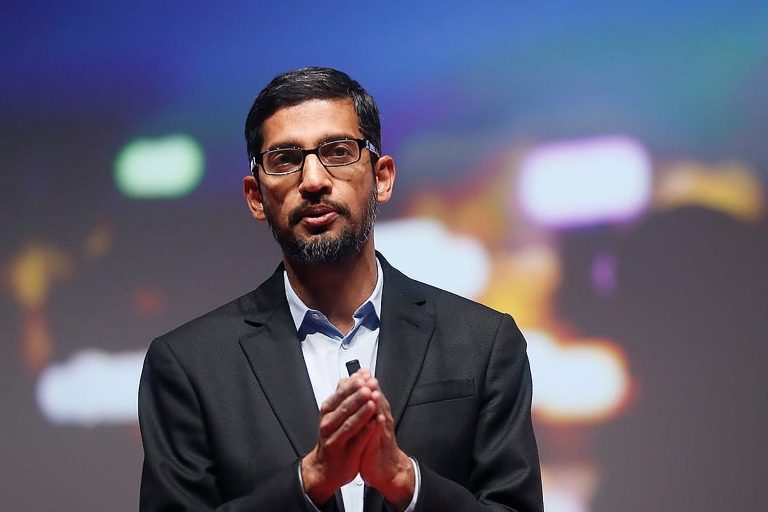The Importance Of Quality Education In Southern Africa with Kennedy Mapesa Mandaza

This is an extract from African leadership podcast with Obehi Ewanfoh. The interview was with Kennedy Mapesa Mandaza, a South African based Zimbabwean Educationist and politician.
Download the first chapter of The Storytelling Series: Beginners’ Guide for Small Businesses & Content Creators by Obehi Ewanfoh.
When I got into the teaching field, the teaching profession was quite revered, teachers were respected and teaching as it were was coming from the heart and this is what brought me into teaching, not necessarily the remuneration that comes with teaching because if you talk about one wanting to be rich you don’t need to be in the teaching profession, but if you have the passion to make sure that you educate the nation, you assist in the development of children then you have to be in the educational sector, and that is what has seen me through for the past 30 years.
Listen to Kennedy Mapesa Mandaza in this video and leave your comment below
If you find value in this post, please make sure you share it with your friends who might like it.
It has been the desire, the passion to make sure that I assist in the development of young children so they can become useful citizens in our communities. Over the years, we have seen changes in the teaching field because of the liberalization that have been taking place as a result of independence in some countries where certain things that we were doing then in the 1980s or pre-independence could no longer be done.
What we have seen is the deterioration, particularly in the area of discipline, and this has impacted so negatively, particularly when it comes to the act of teaching where you need to grapple, most of the time, with the ill-discipline that is coming from the students and sometimes the teachers.
Over the years we have seen people who graduated to become teachers not because they wanted to be teachers but because they have nowhere else to go other than coming into the teaching field and we have now seen people, the majority of them who are not passionate in terms of teaching and as a result, the delivery of the content, the outcomes are not as desirable as one would have expected from passionate educators that we have had for a very long time, before the advent of what we now have.
All, right Mr Kennedy. You see, somebody might want to understand how we moved from being passionate about education to not be passionate as we might have it now, according to you. How did we get to that level? Is it because we lost interest in education, in passing knowledge to the children who will become the leaders of tomorrow? I don’t understand that part very well. Can you clarify it for us, please?
When most of the African countries became independent, there was the need for us to expand our education system and it was inevitable because the education system that we had (pre-independent) in most of the African countries was designed in such a way that we have very few people that would graduate up to homesick for instance and proceed to university but when we got independence in most of the African countries, there was no need for us to expand and accommodate most of the children that were left behind (pre-independence) because of the nature and the design of the system that was there that did not want to see the majority of the African children getting educated.
There was a deliberate policy by most of the governments to make sure that we have almost every child from an African community going to school. So, what it meant is that we needed more infrastructure, we needed more manpower which was not readily available because then the system was designed in such a way that very few African children should go to school and we did not, therefore, have the manpower.
Many a time, we have had to bring in a workforce that is not necessarily trained to be teachers and over time with the increase in the number of schools and with the increase in the number of children that are now going to school, we have also seen that there is need to increase the workforce in the education sector.
To do so you have to bring in as many people as possible, among them, people that may not necessarily have dreamt to become teachers at some point and these are the people that tend to compromise the teaching that is supposed to take place because they are not driven by the passion but by the desire that one should have to join a particular profession.
Why then do we have such kinds of people joining the teaching profession? It’s because other sectors in our economies have not also grown at the same rate that one would have expected those that are graduating into the working workforce to be absorbed. So, the only sector that currently tends to absorb most of the people graduating from universities is the education sector.
That in itself means we are having in the education sector people who are coming in to join as workers, not necessarily as teachers and when we have people that are just workers who are interested in what they get at the end of the day we do not have the kind of commitment that the teachers that went into the teaching profession out of desire, out of passion would have in delivering the content…
That’s one area that has brought us to where we are today, besides the policy issues that I think we will be looking at later.
Thank you very much for that dear Kennedy. I appreciate that so much. It is important to look at this aspect of the argument also. You see, it’s something we are also looking at in West Africa, something we cannot underestimate because it is very important. Having said that, you have been in the educational sector for over 30 years. So, what would you say is the real value of quality education for young Africans today? That is something very important for me.
It is important that education is of quality; it is important that we have quality education in our economies, in our countries. There are quite a number of factors that influence quality education but before I go into those factors, I want to look at what is it that we would look at if we would want to say this is quality education.
Quality education should look at all dimensions of life. It should look at equipping the mental, it should look at empowering the emotional, it should look at equipping the emotional as well as the physical. When we look at equipping the physical, if we have a quality education, it must be able to give a trade or a skill that empowers the graduate to service his or her community.
It should be an educational system that stabilizes people emotionally, it should be an education system that enables the learner to know where he is coming from to be able to understand where he is going to, so it should be an education system that teaches children their history. When we look at this quality education, it must be the same across the divide, it must be able to be the same throughout the country and throughout the communities.
Quality education should entail issues such as giving appropriate skills for development, it should be able to attend to gender parity, it should be able to attend to issues of things that are supposed to be provided in schools: infrastructure, equipment, educational material, the resources that are needed and these should be given to each and everyone regardless of the community from which you come from.
Sadly, in our communities, we still see disparities, particularly when it comes to those that have and those that do not have. The people that are coming from communities of those that do not have, the poorer communities are still exposed to education which does not save the things that I have mentioned, because they do not have good infrastructure and the equipment is not available.
At times even the teachers that tend to go and teach in those communities are not well trained, so there is the issue of quality education remains a very important issue in our communities in Southern Africa, because of where we are coming from which has had to design an educational system that service the different communities that we have in our countries.
There are also other factors I think I might add. Factors that influence this quality of education and these factors that affect or influence the education system includes the teachers. What kind of teachers do we have; what type of teaching methods are we employing? Are the teachers well trained to meet the demands of the curriculum that they are supposed to teach or the subjects that they are supposed to teach?
We also look at the content that is being given, the educational content that is being taught. Does it in the case of Africa, meet the African context and circumstances or are we still zeroing on the inherited curriculum that does not serve the interests of the African?
So, it is critical also to look at the curriculum that we are delivering to our children because if the curriculum is such that it is borrowed, a curriculum that we have inherited from the colonialists, then it does not serve our interests, it does not serve the context and circumstances that we find ourselves in Africa.
Then, we also look at the learning environment. Our learning environment is informed by the infrastructure that we have, it is informed by the resources that we have there. Do we have libraries, do we have enough textbooks, do we have enough desks that are required in the schools.
Then we also look at the preconditions of the children that are coming to schools. Sadly in this day and age in some of the communities in Africa, we still have children that are still having to walk long distances to get to school and by the time they get to school, they are already tired and they must learn for four or so hours before they start journeying back another long distance. Such, kind of circumstances inhibits quality education.
Then, lastly, another factor that we might also look at – are our governments giving enough funding to the educational sector to sustain the kind of educational system that we want to produce?
Because of the challenges that our governments are grappling with on a day-to-day basis to correct the differences, the challenges that they are meeting, education does not have the kind of priority that it should be given and we, therefore, have funding which is less and that again does not work for the good of quality education.
These are some of the things that we have in the African context. In southern Africa, particularly post-independence in which we are now saying in order for us to have quality education there is the need for a deliberate policy to move in addressing these issues so that we can have the quality education that attends to the needs of our children which seek to serve our communities in the countries at large.
Learn More About Obehi Podcast
Obehi Podcast brings you leaders and experts from different industries to share their experiences, relating to Africa and the African diaspora. Listen to Obehi Podcast across different platforms: Spotify, Apple Podcast, YouTube, and much more.
Download the first chapter of The Storytelling Series: Beginners’ Guide for Small Businesses & Content Creators by Obehi Ewanfoh.




